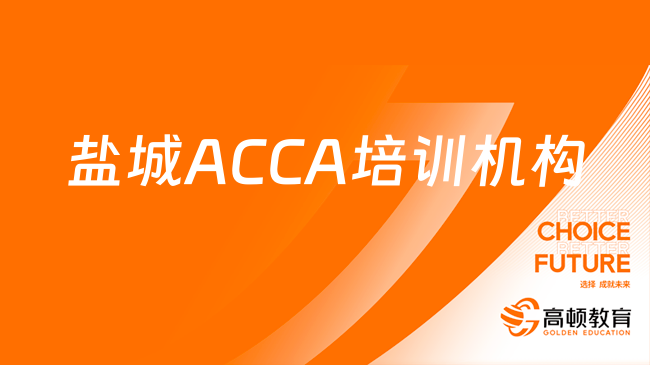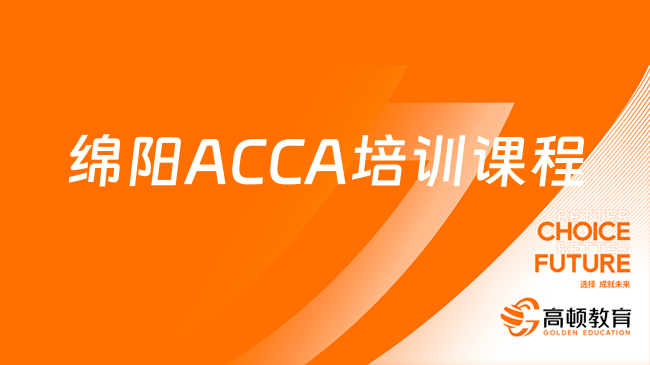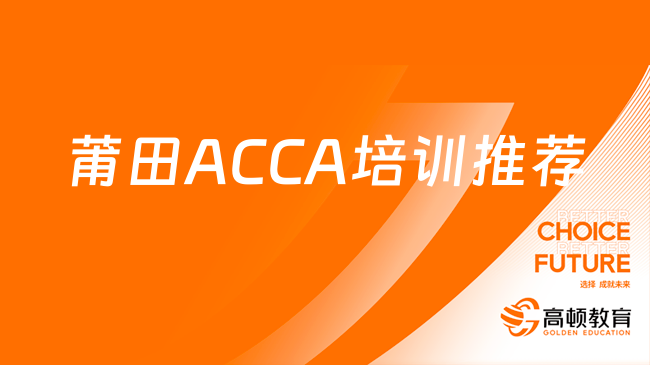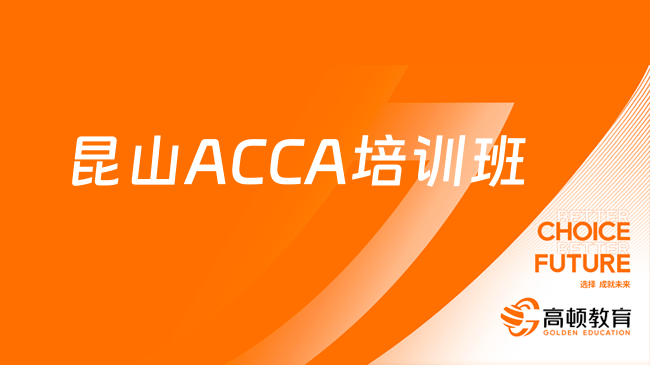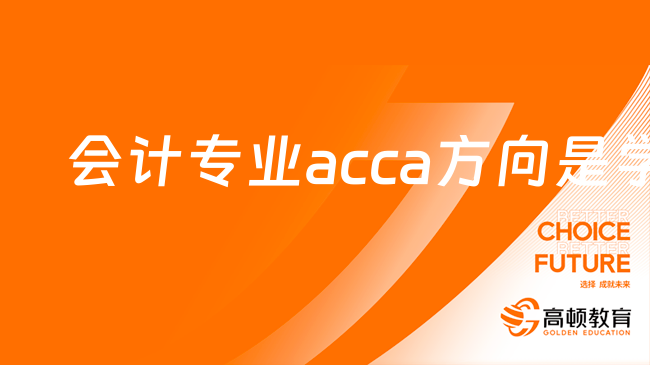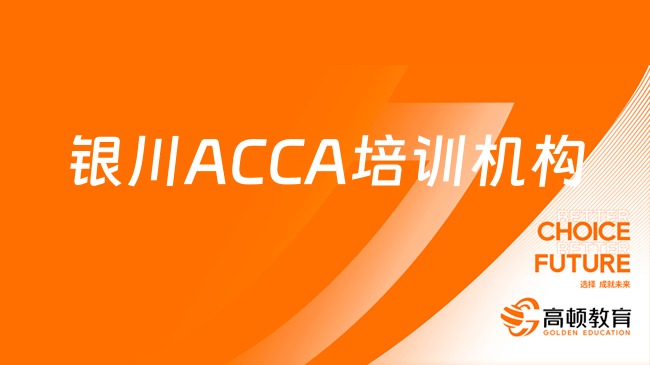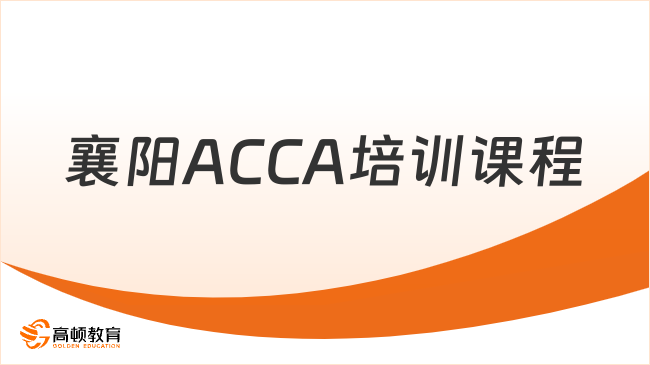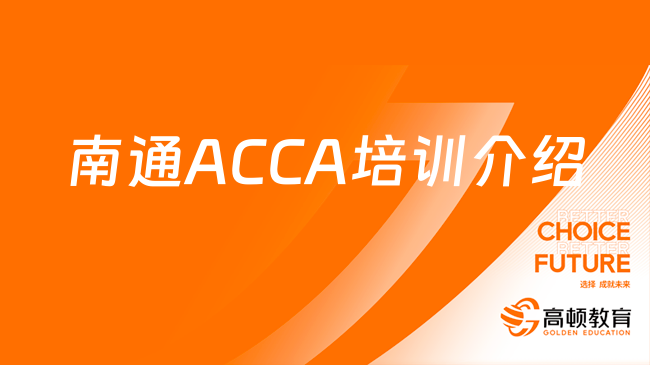2015ACCA公司报告练习3
Financial reporting framework
- Corporate governance: is the system by which companies are directed and controlled (Cadbury Report).
- Conceptual framework
The IASB’s Framework provides the backbone of the IASB‘s conceptual framework. IASs were based on the IASB Framework.
A conceptual framework is a statement of generally accepted theoretical principles which form the frame of reference for financial reporting. These theoretical principles provide the basis for the development of new accounting standards and for the evaluation of those already in existence.
. Advantages and disadvantages of a conceptual framework
. Generally Accepted Accounting Principles (GAAP)
A conceptual framework for financial reporting can be defined as an attempt to codify existing GAAP in order to reappraise current accounting standards and to produce new standards.
The IASB’s framework: consists of seven sections
- The objective of financial statements
- Underlying assumptions
- Qualitative characteristics of financial statements
- The elements of financial statements
- Recognition of the elements of financial statements
- Measurement of the elements of financial statements
- Concepts of capital and capital maintenance
Qualitative characteristics:
Fundamental qualitative characteristics are:
(a)Relevance: predictive value or confirmatory value
(b)Faithful representation: information must be complete, neutral and free from material error (replacing ‘reliability)
Enhancing qualitative characteristics are:
(a)Comparability: achieved by consistency in use of the same accounting policies
(b)Verifiability: credibility, assurance that information faithfully represents the economic phenomena
(c)Timeliness: information is provided before it loses the capacity to influence decisions
(d)Understandability: for users who have a reasonable knowledge of business and economic activities and who are able to read a financial report; information should not be excluded on the grounds that it may be too complex/difficult for some users to understand. Enhanced when information is classified, characterized and presented clearly and concisely.
Revenue recognition
Accruals accounting is based on the matching of costs with the revenue they generate.
IAS 18 Revenue is concerned with the recognition of revenues arising from fairly common transactions.
- The sale of goods
- The rendering of services
- The use by others of enterprise assets yielding interest, royalties and dividends
Generally revenue is recognized when the entity has transferred to the buyer the significant risks and rewards of ownership and when the revenue can be measured reliably.
Interest, royalties and dividends are included as income because they arise from the use of an entity’s assets by other parties.
Interest is the charge for the use of cash or cash equivalents or amounts due to the entity.
Royalties are charges for the use of non-current assets of the entity, e.g. patents, computer software and trademarks.
Dividends are distributions of profit to holders of equity investments, in proportion with their holdings, of each relevant class of capital.
- Definition:
Revenue:is the gross inflow of economic benefits during the period arising in the course of the ordinary activities of an enterprise when those inflows result in increases in equity, other than increases relating to contributions from equity participants.
Ie, Revenue does not include sales taxes, value added taxes or goods and service taxes which are only collected for third parties.
Fair value: is the amount for which an asset could be exchanged, or a liability settled, between knowledgeable, willing parties in an arm’s length transaction.
Sale of goods:
Ie. Where revenue and expenses cannot be estimated reliably, then revenue cannot be recognized, any consideration which has already been received is treated as a liability.
Rendering of services:
Revenue is recognized only to the extent of the expenses recognized that are recoverable.
If the costs are not likely to be reimbursed, then they must be recognized as an expense.
Professional and ethical duty of the accountant
1 Ethical theory:
A key debate in ethical theory is whether ethics can be determined by objective, universal principles. How important the consequences of actions should be in determining an ethical position is also a significant issue.
Ethical relativism and non-cognitivism:
.Relativism is the view that a wide variety of acceptable ethical beliefs and practices exist. The ethics that are most appropriate in a given situation will depend on the conditions at that time.
Ethical absolutism and cognitivism:
Absolutism is the view that there is an unchanging set of ethical principles that will apply to all situations, at all times and in all societies.
Deontological ethics:
Deontology is concerned with the application of absolute, universal ethical principles in order to arrive at rules of conduct, the word deontology being derived from the Greek for duty.
Teleological or consequentialist ethics:
There are two versions of consequentialist ethics:
Utilitarianism – what is best for the greatest number
Egoism – what is best for me
The teleological approach to ethics is to make moral judgments about courses of action by reference to their outcomes or consequences.
Utilitarianism is the best-known formulation of this approach and can be summed up in the greatest good principle – greatest happiness of the greatest number.
Teleological or consequentialist ethics: egoism
Egoism states that an act is ethically justified if decision-makers freely decide to pursue their own short-term desires or their long-term interests. The subject to all ethical decisions is the self.
2 Influences on ethics:
ethical decision making is influenced by individual and situational factors.
Individual factors include age and gender, beliefs, education and employment, how much control individuals believe they have over their own situation and their personal integrity.
Kohlberg’s framework relates to individuals’ degree of ethical maturity, the extent to which they can take their own ethical decisions.
Situational factors include the systems of reward, authority and bureaucracy, work roles, organizational factors, and the national and cultural contexts.
Kohlberg’s cognitive moral development:
LevelⅠ pre-conventional (rewards/punishment/self-interest)
LevelⅡ conventional
LevelⅢ post-conventional
Bureaucracy: is a system characterized by detailed rules and procedures, impersonal hierarchical relations and a fixed division of tasks.
3.The social and ethical environment
Firms have to ensure they obey the law: but they also face ethical
concerns, because their reputations depend on a good image.
Ethics: a set of moral principles to guide behaviour
Ethical problems facing managers
Social responsibility and businesses
4.Ethics in organizations
Leadership practices and ethics
Two approaches to managing ethics:
A compliance-based approach is primarily designed to ensure that the company acts within the letter of the law, and that violations are prevented, detected and punished.
An integrity-based approach combines a concern for the law with an emphasis on managerial responsibility for ethical behavior.
5.Principles and guidance on professional ethics
A distinguishing mark of the accountancy profession is its acceptance of the responsibility to act in the public interest.
The fundamental principles
Integrity – straightforward and honest
Objectivity – should not allow bias, conflict of interest or undue influence of others
Professional competence and due care – members have a continuing duty to maintain professional knowledge and skill at a level required to ensure that a client or employer receives the advantage of competent professional service based on current developments in practice.
| ACCA网络课程 | 课程专业名称 | 讲师 | 试听 |
 85%的人正在学习该课程 85%的人正在学习该课程 | ACCA 全维度网课体验课程 实景课堂与独立录制 覆盖所有知识点,根据学习计划推进学习进度 | 高顿名师 |  |
 70%的人正在学习该课程 70%的人正在学习该课程 | ACCA网课全科卡(8.2折) 为零基础刚开始学习ACCA的学员特别定制 | 高顿名师 |  |
【整理版】ACCA各科目历年真题
真题高频考点,刷题全靠这份资料
acca全科学习思维导图
梳理核心考点,一图看懂全部章节
2023年acca考纲解析
覆盖科目重难点,备考按照计划走
- acca考试怎么搭配科目?
-
建议优先选择相关联的科目进行搭配报考,这样可以提高备考效率,减轻备考压力,1、F1-F4:为随时机考科目,难度较低,这里可以自行随意选择考试顺序。2、F5-F9:如果你的工作的和财务会计或者审计有关、或者你比较擅长财务和审计的话,推荐先考F7和F8。你可以选择一起考ACCA考试科目F7和F8或者先考F7(8)再考F8(7),这就要取决你一次想考几门。3、P阶段:选修科目中,建议企业首选AFM!第二部分科目进行选择,如果AA和SBR掌握学生更好,可以通过选择AAA,如果SBL掌握的好,可以自己选择APM。
- acca一共几门几年考完?
-
acca一共有15门考试科目,其中有必修科目和选修科目,考生需要考完13门科目才能拿下证书。
- acca一年考几次?
-
acca一年有4次考试,分别是3月、6月、9月和12月,分季机考科目是采取的这类四个考季的模式,而随时机考则是没有这方面的时间规定限制,可以随报随考。
- acca的含金量如何?
-
ACCA证书的含金量是比较高的,从就业、能力提升、全球认可等角度来说,都是比较有优势的证书,其含金量主要表现在以下几个方面:1、国际化,认可度高;2、岗位多,就业前景好;3、缺口大,人才激励。
-
盐城ACCA培训机构,高顿ACCA要不要报? 2023-07-04
-
绵阳ACCA培训课程,高顿ACCA值得报吗? 2023-07-04
-
莆田ACCA培训推荐,高顿ACCA要不要报? 2023-07-03
-
昆山ACCA培训班,高顿ACCA培训介绍? 2023-07-03
-
会计专业有哪些证书大学可以考?证书报考条件及获取指南一览! 2023-07-03
-
会计专业acca方向是学什么的? 2023-07-03
-
银川ACCA培训机构,高顿ACCA有哪些优势? 2023-07-03
-
襄阳ACCA培训课程,高顿ACCA值得报吗? 2023-07-03
-
南通ACCA培训介绍,高顿ACCA课程如何? 2023-07-03
-
鞍山ACCA培训推荐,高顿ACCA推荐吗? 2023-07-03
-
西宁ACCA培训推荐,高顿ACCA有哪些优势? 2023-06-26
-
江门ACCA培训机构,高顿ACCA好不好? 2023-06-26
-
赣州ACCA培训课程,高顿ACCA推荐吗? 2023-06-26
-
廊坊ACCA培训班,高顿ACCA值得报名吗? 2023-06-25
-
大同ACCA培训介绍,高顿ACCA课程如何? 2023-06-25
-
大同ACCA培训介绍,高顿ACCA课程如何? 2023-06-25
-
保定ACCA培训推荐,高顿ACCA培训介绍? 2023-06-25
-
珠海ACCA培训推荐,高顿ACCA要不要报? 2023-06-25
-
邯郸ACCA培训介绍,高顿ACCA怎么样? 2023-06-25
-
包头ACCA培训课程,高顿ACCA课程如何? 2023-06-25
-
烟台ACCA培训推荐,高顿ACCA课程怎么样? 2023-06-25
-
洛阳ACCA培训班,高顿ACCA值得报名吗? 2023-06-25
-
徐州ACCA培训推荐,高顿ACCA怎么样? 2023-06-21
-
唐山ACCA培训介绍,高顿ACCA要不要报? 2023-06-21
-
绍兴ACCA培训课程,高顿ACCA推荐吗? 2023-06-21
-
柳州ACCA培训班,高顿ACCA好不好? 2023-06-21
-
呼和浩特ACCA培训机构,高顿ACCA培训介绍? 2023-06-21
-
海口ACCA培训推荐,高顿ACCA怎么样? 2023-06-21
-
温州ACCA培训课程,高顿ACCA怎么样? 2023-06-21
-
淄博ACCA培训机构,高顿ACCA好不好? 2023-06-21
 更多服务
更多服务






